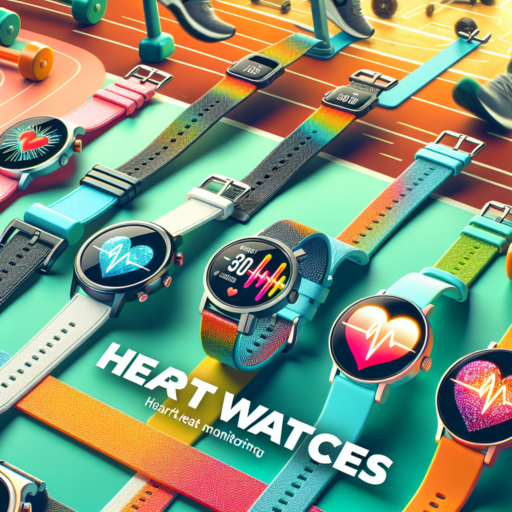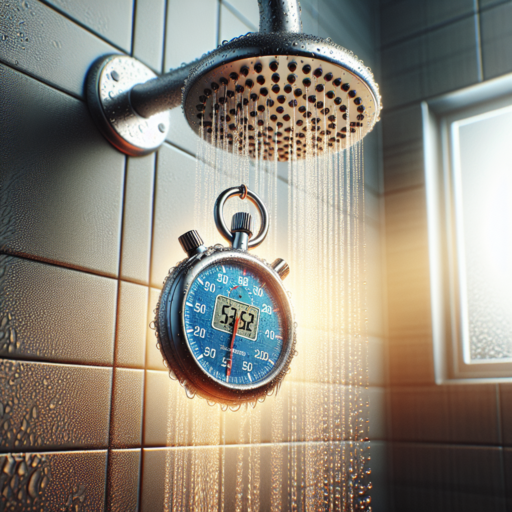What is the most accurate watch for heart rate?
When it comes to monitoring heart rate accurately, selecting the right watch is paramount. The technology behind these watches has significantly evolved, leading to high precision in tracking heartbeats. Accuracy in heart rate monitoring not only aids athletes in optimizing their performance but also assists individuals in managing health conditions or achieving fitness goals. Several factors contribute to a watch’s accuracy, including the sensor technology, the placement on the wrist, and the algorithm it uses to interpret data.
One of the key components in achieving accurate heart rate measurements is the type of optical sensor used. Most high-accuracy heart rate watches rely on advanced photoplethysmography (PPG) sensors. These sensors operate by emitting light onto the skin and measuring the variation in light absorption, which changes with the blood flow. This method can be influenced by various factors, such as the tightness of the watch band and skin tone, affecting accuracy.
In addition to the sensor technology, the algorithms that interpret the data collected play a critical role. The most accurate watches for heart rate incorporate sophisticated algorithms that can filter out noise and potential errors caused by motion or irregular rhythms. These advanced algorithms allow for a more reliable reading, making them invaluable for users who require precision, such as athletes monitoring their training intensity or individuals tracking heart health.
What watches check your heart rate?
In the realm of wearable technology, several watches stand out for their accurate heart rate monitoring capabilities. These devices have become essential for fitness enthusiasts, athletes, and anyone interested in maintaining an optimal health status. They employ various technologies to offer real-time heart rate data, aiding users in tracking their fitness progress, understanding their health better, and even improving workout efficiency.
Leading Watches with Heart Rate Monitoring
- Apple Watch Series: Known for its precision and advanced features, the Apple Watch Series incorporates comprehensive heart rate monitoring. It not only tracks your heart rate during various activities but also alerts you to abnormal heart rates, potentially signaling health issues.
- Fitbit Models: Fitbit is another notable brand that specializes in health and wellness technology. Their models, including the Fitbit Charge and Fitbit Versa, offer continuous heart rate tracking, sleep analysis, and exercise recognition, all contributing to a holistic view of your health.
- Garmin Forerunner and Fenix: Designed with athletes in mind, Garmin’s Forerunner and Fenix lines are equipped with advanced heart rate monitoring technologies. These watches provide detailed insights into a user’s cardiovascular performance, stress levels, and even adapt their fitness plans according to the heart rate data.
Heart rate monitoring watches have evolved significantly, leveraging complex algorithms and sensors to deliver precise measurements. This advancement has transformed how individuals monitor their health and tailor their fitness routines. Whether you’re a professional athlete, a fitness enthusiast, or someone interested in staying on top of your health metrics, there’s a heart rate monitoring watch designed to meet your needs.
No se han encontrado productos.
Can a smartwatch detect heart problems?
With the advent of advanced wearable technology, the question «Can a smartwatch detect heart problems?» has become increasingly relevant. Smartwatches, now equipped with a host of sensors, have the potential to monitor various aspects of heart health. Among the most notable features are heart rate monitoring and electrocardiogram (ECG) functionalities. These capabilities enable these devices to track heart rhythms and detect irregularities potentially indicative of heart issues.
Heart Rate Monitoring: The heart rate sensors found in smartwatches use photoplethysmography (PPG) technology to measure the rate at which the heart beats. By monitoring these rates continuously, smartwatches can identify unusual patterns and elevated heart rates that might suggest stress, fatigue, or other heart-related conditions. However, it’s important to note that while these devices can offer insights into heart health, they cannot diagnose heart problems on their own.
ECG Functionality: Some smartwatches come equipped with an electrocardiogram (ECG) feature, enabling them to provide more detailed information about heart rhythm. By placing a finger on the watch’s crown, the user can take a 30-second ECG reading. This feature can help detect signs of atrial fibrillation (AFib), a common type of irregular heartbeat. Again, while this technology represents a significant leap forward, it is not a substitute for professional medical evaluation and diagnosis.
Despite these advancements, users should remain aware of the limitations of smartwatch technology in detecting heart problems. While they can alert to potential issues and offer valuable data on heart health, a healthcare provider should always analyze any concerns or abnormalities. Smartwatches serve as a supplemental tool, empowering individuals with immediate health insights but should not replace regular medical consultations and check-ups.
How accurate are heartbeat watches?
In the world of wearable technology, heartbeat watches have become a staple for both fitness enthusiasts and casual users alike. The accuracy of these devices in monitoring heart rate has often been a topic of discussion among users. Generally, heartbeat watches are designed with sensors that detect blood flow through the skin, translating these movements into heart rate readings. However, the precision of these readings can vary significantly depending on several factors.
One key aspect that influences the accuracy of heartbeat watches is the placement and fit of the device. For optimal results, these watches should be worn snugly above the wrist bone. A fit that’s too loose can cause inconsistent readings due to the movement of the device, while a fit that’s too tight can restrict blood flow, also leading to inaccurate readings. Moreover, the type of motion being performed during exercise can affect the sensor’s ability to accurately measure heart rate. Activities that involve rigorous arm movement or cause sweat can potentially disrupt the sensor’s accuracy.
Another crucial factor is the technology inherent in the watch. Most modern heartbeat watches employ photoplethysmography (PPG) for heart rate tracking. This method uses light-based technology to gauge the rate of blood flow as a measure of heart rate. While advancements in technology have significantly improved their accuracy, PPG sensors do have their limitations, especially in detecting rapid changes in heart rate or in situations of high ambient light. Therefore, the specific technology and sensor quality of a heartbeat watch are decisive factors in its accuracy.
It’s also noteworthy that, for most users, heartbeat watches provide a sufficiently accurate measure of heart rate that is useful for general fitness tracking. However, individuals requiring precise heart rate data for professional athletic training or medical purposes might find these devices somewhat lacking. In such cases, chest strap monitors, which directly measure electrical signals from the heart, are recommended for higher accuracy.




